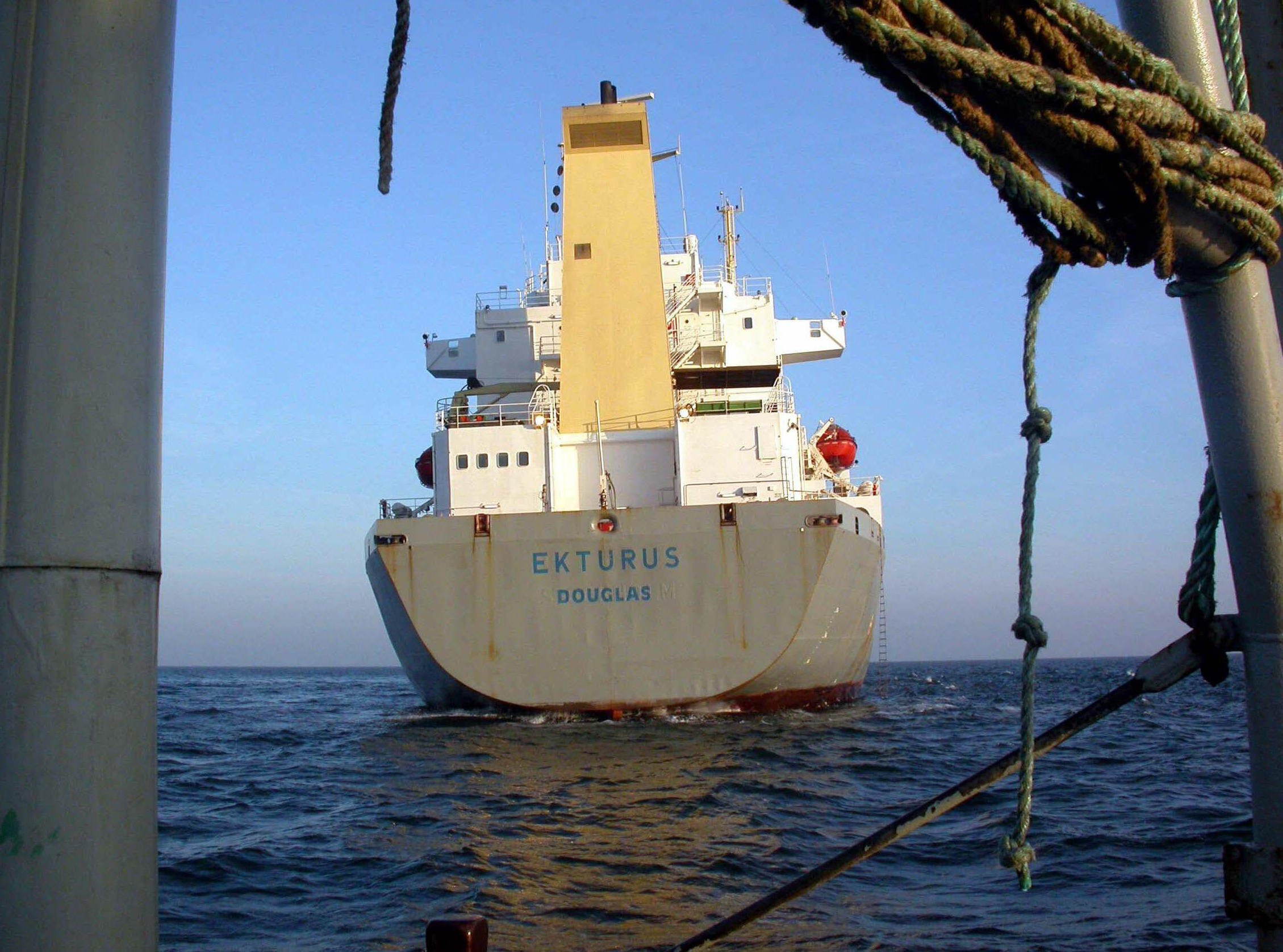Despite Trump's protectionist moves, the war in the Middle East, or the ongoing threat to the Strait of Hormuz - the artery that serves a quarter of the world's oil - the price of a barrel of Brent has not reached $100 in over three years and has not exceeded $90 in over a year. Global overproduction led to the assumption that markets had become almost immune to the geopolitical fluctuations that have historically influenced oil prices. Until yesterday.
Washington's decision to impose sanctions on Russian oil companies has put brokers worldwide on alert. In the short term, there is consensus: prices will rise, and there will be "turbulence." But what concerns major fuel trading firms is what will happen in a couple of months. All eyes are on Asia.
The situation is not one of panic, far from it. The reality is that there is an abundance of oil to supply the international market. The issue now is that this market no longer operates under the same rules since the war in Ukraine. The sanctions policy initiated by Brussels has shifted commercial dynamics. It is no longer just about having enough barrels; it's about selling them to a country not prohibited by your own. The imposition of barriers by the US on Moscow's oil adds more pressure to this scenario.
Russia is the world's third-largest oil producer. In 2022, it lost one of its best customers, the European Union, which has since been banned from buying Russian crude. Moscow has redirected its commercial activity in recent years towards China and, especially, India. Both countries have become the refineries and re-exporters of Moscow's oil.
"Everything will depend on Washington's pressure on China and India. If both countries stop buying from Russia, it could reduce supply, leading to increased volatility. We are closely watching what India and China do; that is the key in the very short term," state sources at one of the world's largest commodity trading firms. Market sources rule out Trump's interest in pushing too hard. If oil prices spike, inflation would soar, including in the US. Keeping this indicator in check is a priority for his Administration.
In the short term, increases in the Brent curve are expected. Yesterday, it exceeded 66 euros, with a surge of over 5.7%. In the last five days, the cumulative increase has surpassed 7.5%. And in the past week, the price of a barrel of Brent has risen by 10 percentage points. But the final impact remains uncertain.
"In a highly globalized oil market, new restrictions are unlikely to have an immediate effect because as long as major buyers like China or India do not impose restrictions, what will happen in practice is a shift in supply and demand flows," explains Óscar Barrero, Energy and Utilities partner at PwC Spain. "The price effects are not evident. Initially, one might think that there will be greater pressure from Russia to place products in some markets at lower prices, but the reorganized supply and demand flows could also generate upward tension due to higher logistical costs," he adds.
"Despite the temporary spike due to the new sanctions, we believe that the medium-term trend for oil prices will moderate due to increased energy efficiency, the rise of clean energies, higher supply, and falling demand," state analysts at Bankinter.
In Europe, the impact will depend on Russia's ability to reorganize its commercial operations. "For Spain, with strategic reserves for about 115 days, it will be when that volatility, if it occurs, could impact gasoline prices. In the medium term, Russia could redirect oil to countries that do not apply sanctions or limit them, which would once again ease prices," market sources affirm.
It would not be the first time that Russia circumvents sanctions. When Brussels imposed its ban, European refineries stopped buying Russian products. Russia took its crude to countries like India, where it was refined. Simultaneously, the EU increased diesel purchases from non-sanctioned countries, such as India or Morocco. And there, the trail went cold. "Russian tankers sold in the Mediterranean to another country's tanker, cleaning the product, also with a significant discount as contraband fuel," explains another industry source.
Spanish oil companies like Repsol warned that Russian diesel was still entering Europe through the back door. Some intermediary countries reserved Russian fuel for their own consumption, blending diesel from their refineries, not necessarily from Russia, to European countries.
The new sanctions regime announced by the EU aims to prevent these dynamics by requiring the intermediary to prove that the crude refined for sale in Europe was not purchased from Russia. Market sources warn that certain countries could publicly accept US sanctions and then "under the table continue to buy Russian products at a steep discount, out of Russian desperation." "Ultimately, Russia is increasingly dependent on the purchasing conditions imposed by players like China and India."
"The price hike is aggressive, but panic is not widespread. Most analysts agree that Brent will remain below $100. Oil no longer trades based on fundamentals but on power plays. Every sanction, every failed meeting, every tweet... translates into volatility. The fundamentals of oversupply take a back seat to supply nervousness. And oil continues to dance to the uncertainty between Moscow and Washington," reflects Rafael Todolí, partner at the strategic consulting firm Business Management MDA.
